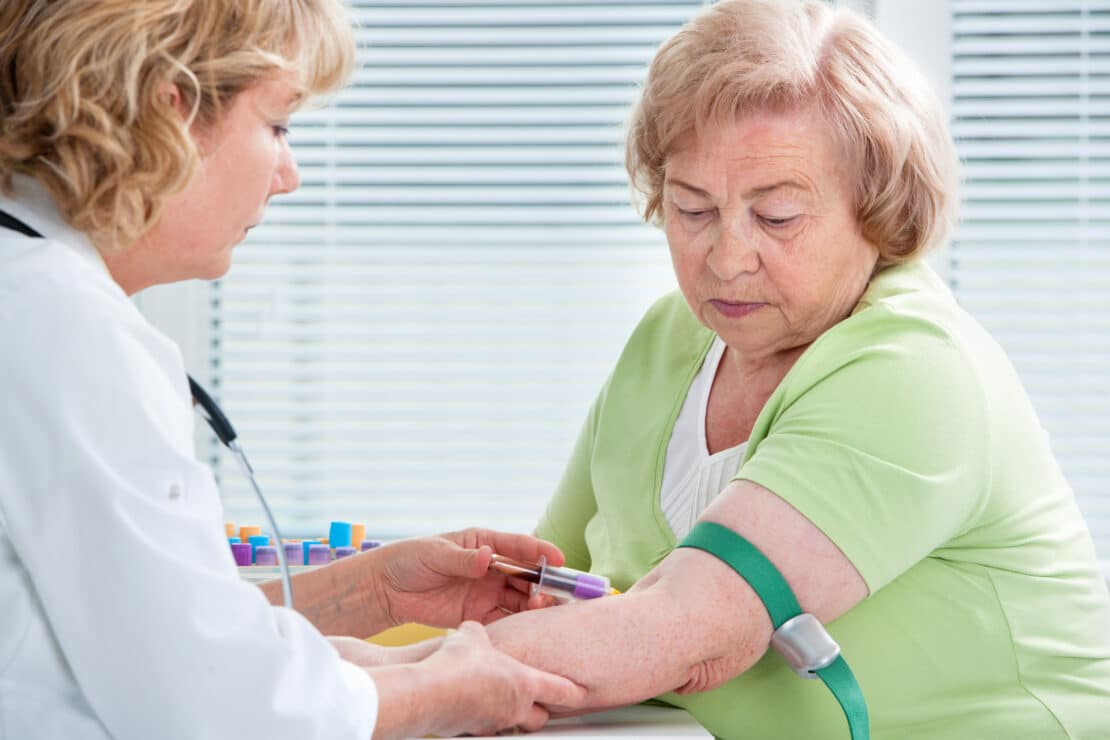Early in the pandemic, more than a year ago, subscribers to our newsletter Independent Healing learned about research showing that your blood type affects your risk to contract the coronavirus.
Now, a new study confirms those findings and explains why people with blood type A are more susceptible to the virus.[1]
A team of researchers at Harvard Medical School and Emory University analyzed how the coronavirus interacts with respiratory cells in A, B, and O blood types. They discovered that the COVID-19 virus bonds more readily to type A respiratory cells.
The coronavirus “really prefers the type of blood group A antigens,” said Dr. Sean Stowell. He is one of the study’s authors.[2]
Dr. Stowell noted that researchers believe that most people get infected with COVID-19 by inhaling the virus. So the fact that respiratory cells in type A’s are more vulnerable to the virus, may explain why previous studies have found they contract COVID at higher rates.
Good News for People With Type O Blood
Researchers in Wuhan, China, where the pandemic is believed to have originated, looked at the blood types thousands of people in the area. Some had been infected and some hadn’t.
People with type A blood make up 32% of population. But they suffered 41% of the infections and deaths.[3]
Meanwhile, people with type O blood make up 34% of the population but they comprised only 25% of COVID infections and deaths.
The researchers concluded: “Blood group O was associated with a lower risk of death. To the contrary, blood group A was associated with a higher risk of death.”
Types B and AB were associated with average risk.
Another study in Canada found that hospitalized COVID patients with types A and AB blood were more likely to need a ventilator than patients with types O or B. Research in Germany found that having type A blood made those infected with the coronavirus 50% more likely to get severely ill and need oxygen.[4] [5]
Despite this strong correlation, Dr. Stowell notes that blood type is not a surefire way to predict whether you’ll get severe COVID or not.
Dr. Roy Silverstein is a hematologist with the Medical College of Wisconsin. “I would never tell someone who is type O that they don’t have to wear a mask, or they don’t have to do social distancing,” he said. “They are still at risk for COVID, just a little bit less than type A.”[6]
Get the Latest Breaking News About Coronavirus Here
- Are COVID Vaccines Safe? A new report provides detailed side effect information. Click HERE to read more.
- NEW COVID TREATMENT HOPE: She lay dying of COVID-19 on a ventilator in a Buffalo hospital. Doctors gave her just a 20% chance to live. But after getting this treatment, she made “a complete turnaround,” her son said. Click HERE to read more.
- Will You Suffer an Allergic Reaction to the Coronavirus Vaccine? Answer these four question to gauge your risk. Click HERE to read more.
[1] https://ashpublications.org/bloodadvances/article/5/5/1305/475250/The-SARS-CoV-2-receptor-binding-domain
[2] https://consumer.healthday.com/b-3-3-scientists-discover-why-blood-type-may-matter-for-covid-infection-2650841414.html
[3] https://www.medrxiv.org/content/10.1101/2020.03.11.20031096v2
[4] https://ashpublications.org/bloodadvances/article/4/20/4981/464437?_ga=2.36660768.1442463330.1614892159-1616659105.1614892159
[5] https://www.uni-kiel.de/en/details/news/142-bloodgroup-covid-19
[6] https://www.aarp.org/health/conditions-treatments/info-2020/blood-type-coronavirus.html

